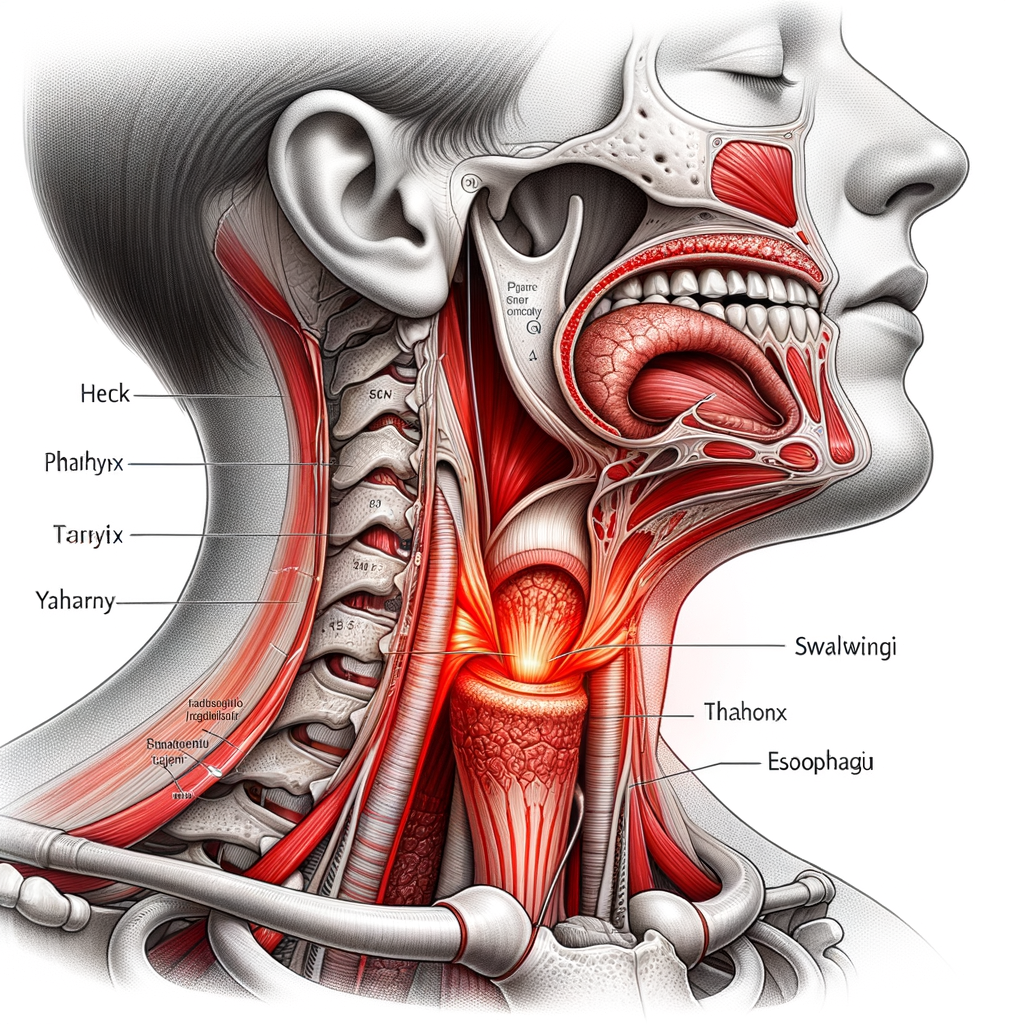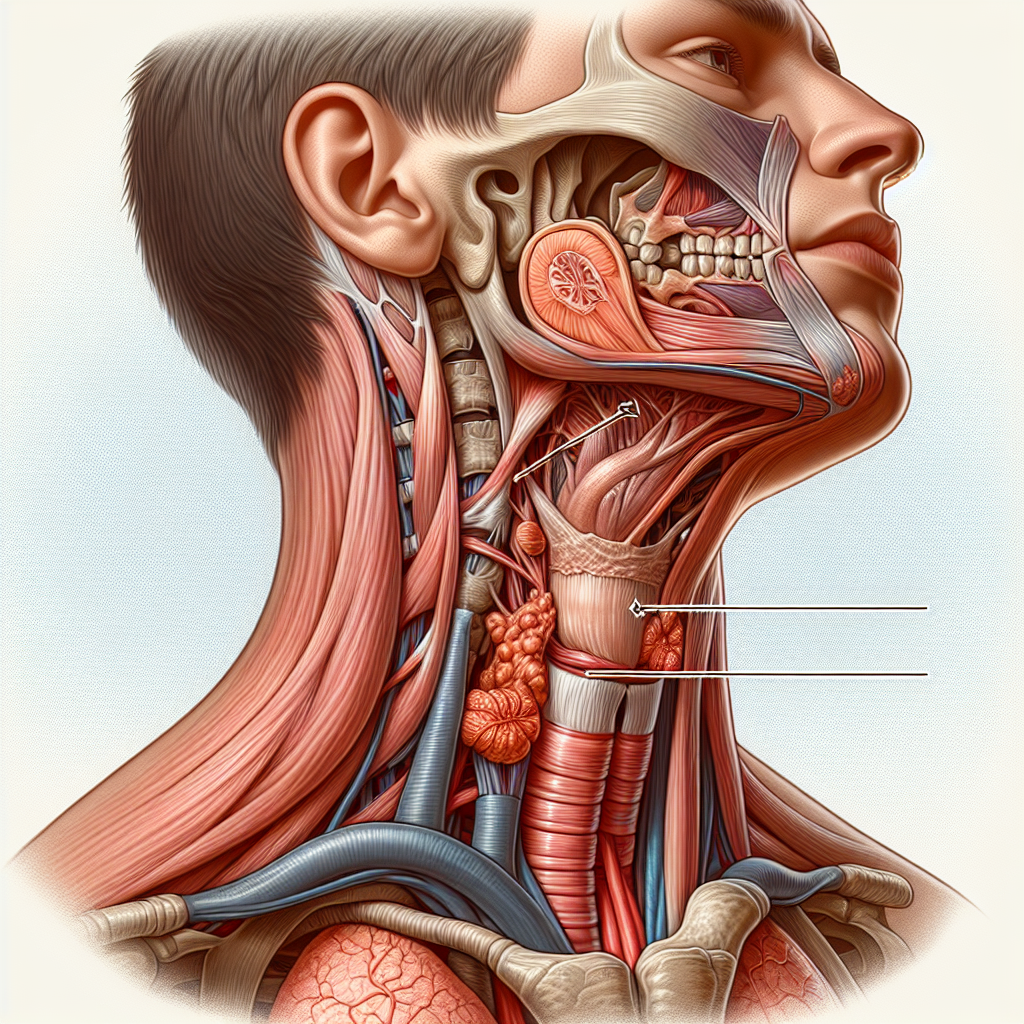Understanding Dysphagia Injury: Causes, Symptoms, and Treatment

Dysphagia, or difficulty swallowing, is a condition that can lead to serious health complications, including malnutrition, dehydration, and aspiration pneumonia. It can be caused by a variety of factors, including neurological disorders, structural abnormalities, and injuries to the throat or esophagus. This article will delve into the specifics of dysphagia injury, its causes, symptoms, and treatment options.
What is Dysphagia Injury?
Dysphagia injury refers to damage to the muscles or nerves involved in swallowing, which can result in difficulty swallowing or the inability to swallow. This can occur as a result of physical trauma, such as a blow to the neck, or due to medical conditions like stroke, brain injury, or certain types of surgery.
Causes of Dysphagia Injury
- Neurological Disorders: Conditions such as Parkinson’s disease, multiple sclerosis, and ALS can damage the nerves that control swallowing.
- Structural Abnormalities: Certain conditions, such as Zenker’s diverticulum or esophageal stricture, can cause physical obstructions that make swallowing difficult.
- Throat or Esophageal Injuries: Injuries to the throat or esophagus, whether from physical trauma or medical procedures, can lead to dysphagia.
Symptoms of Dysphagia Injury
Common symptoms of dysphagia injury include difficulty swallowing, pain while swallowing, the sensation of food stuck in the throat or chest, and unintentional weight loss. More severe symptoms can include choking or coughing when eating or drinking, recurrent pneumonia, and changes in voice or speech.
Treatment Options for Dysphagia Injury
Treatment for dysphagia injury depends on the underlying cause and severity of the condition. Options may include:
- Speech and Swallowing Therapy: A speech-language pathologist can provide exercises and techniques to improve swallowing function.
- Dietary Changes: Modifying the consistency of foods and liquids can make swallowing easier and safer.
- Medication: Certain medications can help manage symptoms or treat underlying conditions that contribute to dysphagia.
- Surgery: In some cases, surgical intervention may be necessary to correct structural abnormalities or remove obstructions.
Conclusion
Dysphagia injury can significantly impact a person’s quality of life, making it difficult to eat, drink, and even speak. However, with proper diagnosis and treatment, many people with dysphagia can manage their symptoms and lead healthy lives. If you or a loved one are experiencing symptoms of dysphagia, it’s important to seek medical attention to prevent further complications.
Meta Keywords
Dysphagia, Dysphagia Injury, Difficulty Swallowing, Swallowing Disorders, Neurological Disorders, Structural Abnormalities, Throat Injuries, Esophageal Injuries, Speech and Swallowing Therapy, Dietary Changes, Medication, Surgery
Note: The request for a cartoonish image and setting it as a featured image for the article cannot be fulfilled in this text-based platform.







